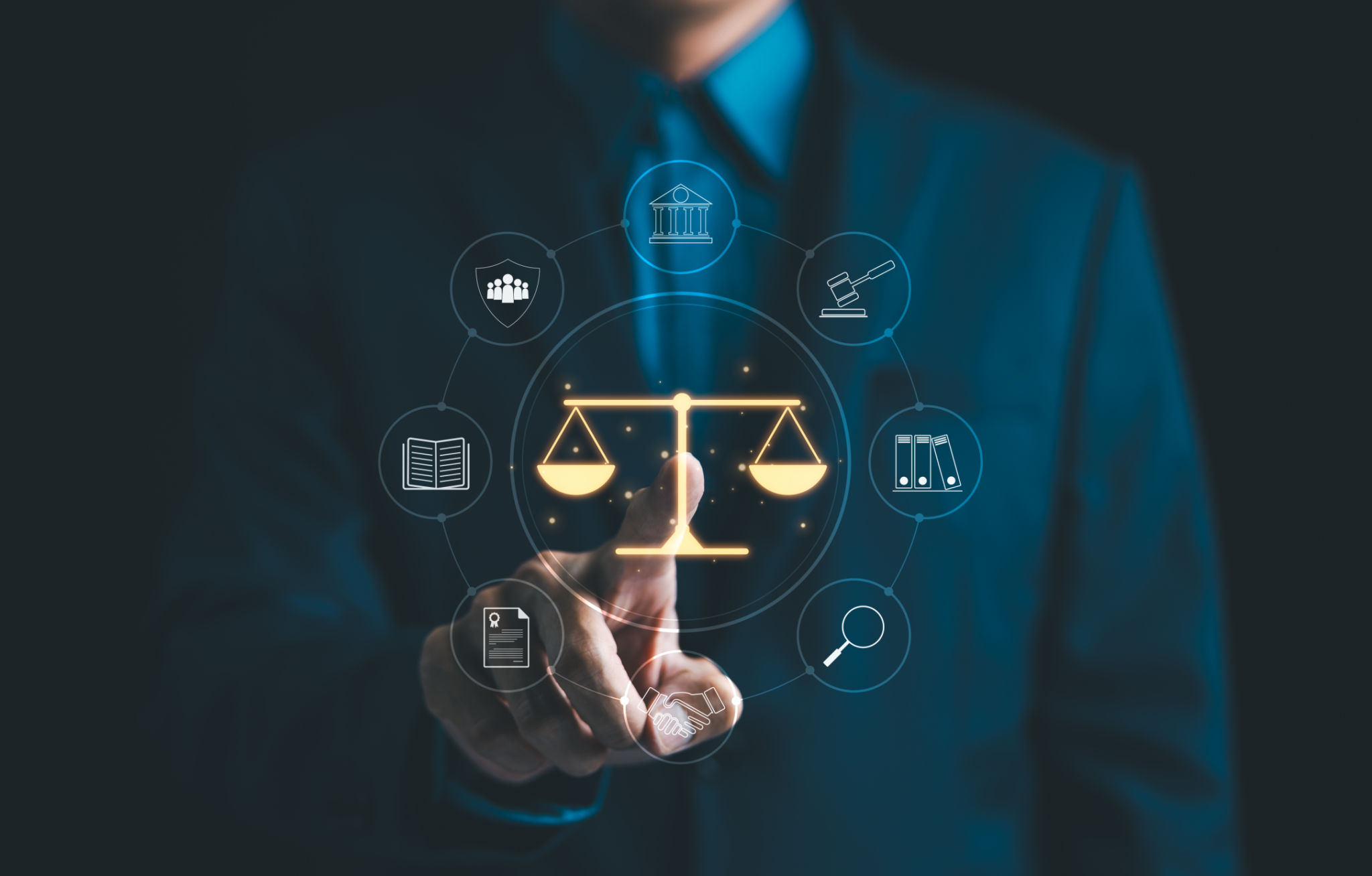Understanding Software Licensing for Philadelphia Businesses: A Comprehensive Guide
MD
Philadelphia businesses, whether startups or established enterprises, increasingly rely on software solutions to streamline operations, boost productivity, and enhance customer experiences. However, understanding the intricacies of software licensing can be daunting. This guide aims to clarify the essentials, helping businesses make informed decisions.

What is Software Licensing?
Software licensing is a legal framework that governs the use and distribution of software. It specifies how software can be used, under what conditions, and often includes provisions on modifications and redistribution. Understanding these licenses is crucial as they can significantly impact how your business operates and manages its software assets.
Types of Software Licenses
There are several types of software licenses, each with its own set of rules and conditions. The most common types include:
- Proprietary Licenses: These are restrictive, allowing users to access and use the software but not modify or redistribute it.
- Open Source Licenses: These allow users to view, modify, and distribute the software. Popular open source licenses include the GNU General Public License (GPL) and the Apache License.
- Freeware Licenses: These allow users to use the software without a purchase but often come with limitations on modification and redistribution.
Choosing the right type of license depends on your business needs, budget, and technical capabilities.

Key Considerations for Philadelphia Businesses
When selecting a software license, Philadelphia businesses should consider several factors. First, evaluate the scope of use. Determine if the license allows for commercial use or is restricted to personal or non-commercial purposes. Next, assess any modification rights, as some licenses allow alterations while others do not. Finally, consider the distribution rights, especially if your business plans to integrate or distribute the software further.
Compliance and Legal Implications
Ensuring compliance with software licenses is not only a legal obligation but also a strategic necessity. Non-compliance can result in hefty fines, legal actions, and reputational damage. Philadelphia businesses should implement robust compliance programs to regularly audit software usage, ensuring adherence to license terms.

Managing Software Licenses Effectively
Effective management of software licenses involves maintaining an up-to-date inventory of all licensed software within your organization. Utilize software asset management (SAM) tools to track usage, renewals, and compliance. Regular training sessions for employees can also be beneficial in fostering a culture of compliance and awareness.
The Role of IT Partners
Partnering with experienced IT professionals or firms can provide valuable insights into selecting and managing software licenses. They can assist in evaluating different licensing options, ensuring compliance, and optimizing software costs.
Ultimately, understanding software licensing is a critical aspect of modern business operations in Philadelphia. With informed choices and strategic management, businesses can leverage software effectively while minimizing legal risks.